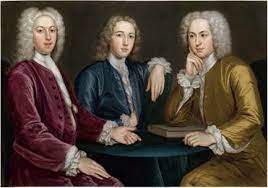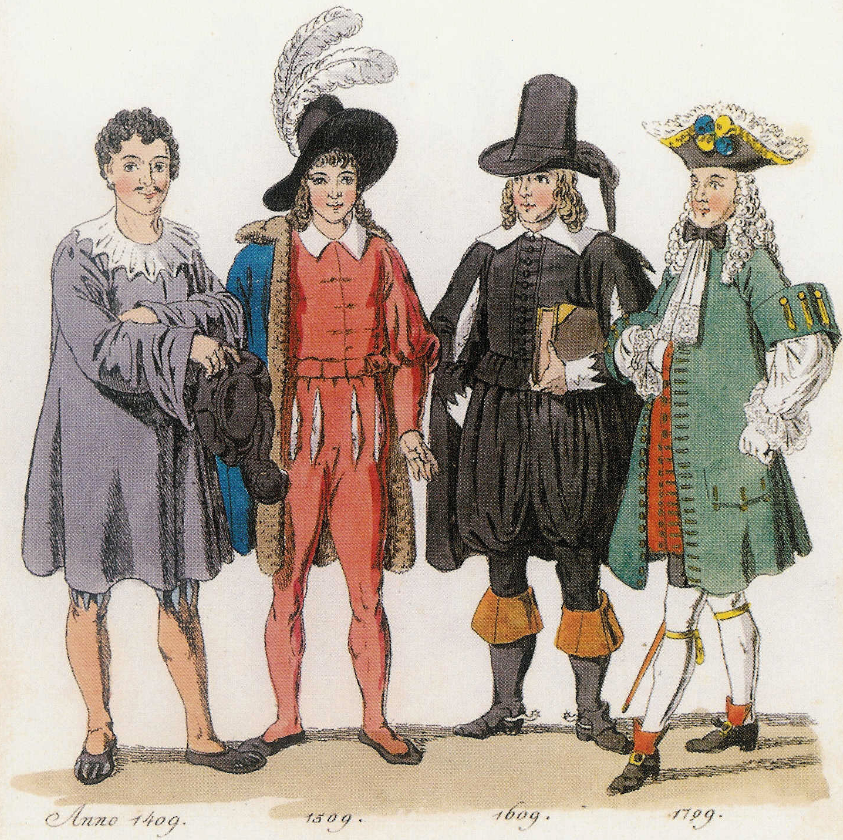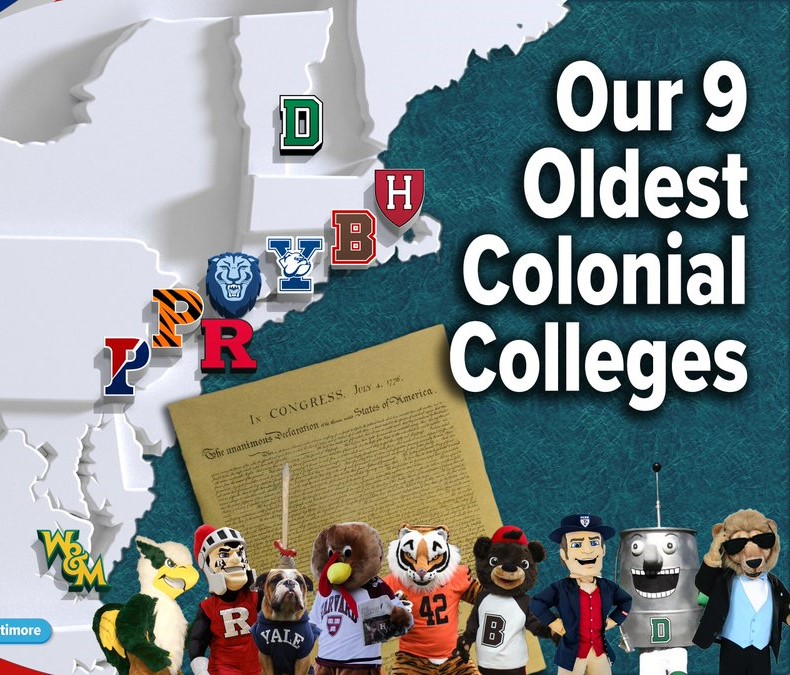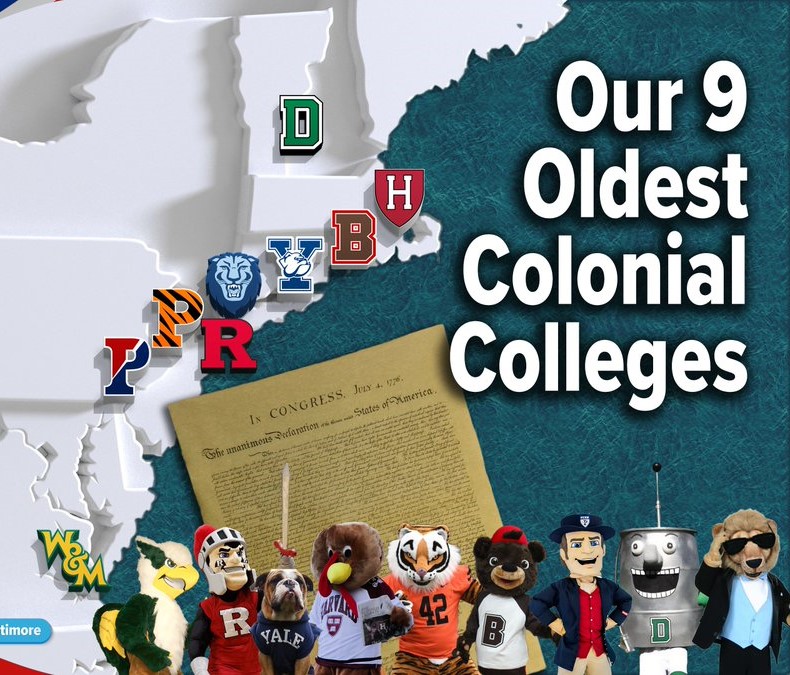
In the colonial colleges, “young men attending college were going to be wealthy and powerful whether they went to college or not. The colonial college was an insurance policy guaranteeing that these favored young men would acquire not only literacy but also a sense of leadership and service by about their twentieth birthday. The college was a conservative institution that was essential to transmitting a relatively fixed social order.
Democracy in the modern sense of the word had little support among colonial leaders – a disparity that remains difficult for us today to accept. The forthright statement of one Virginian sums up the worldview of the young men who typically went to the colonial colleges: “I am an aristocrat. I love liberty; I hate equality.”

The colleges stepped in to nurture and harness this attitude. King’s College described its mission as being to provide to future colonial leaders an education that would “enlarge the Mind, improve the Under-standing, polish the whole Man, and qualify them to support the brightest Characters in all the elevated stations in life.” A comparable commitment and justification were conveyed by John Witherspoon in 1772 when he wrote about the founding and mission of the College of New Jersey (later renamed Princeton).”
Emergence of “In Loco Parentis”
“The colleges’ acquisition of the enhanced role in creating a colonial elite was not altogether direct or immediate. According to Phyllis Vine there was widespread concern among colonial leaders and elders that parents were not always providing the appropriate upbringing for boys who were likely to hold responsible positions when they became adults.

One solution was to shift the socialization function away from the family to formal institutions, including grammar schools and, ultimately, the colleges. The colleges, with their concentration of strong male adults. ministers, alumni, government officials, and tutors–were charged with transforming little boys into little men. The historical importance of this enhanced responsibility for the colleges is that it marked a significant transition in colonial society. Vine concludes that by the early 18th century the college had supplemented, and perhaps replaced, the family as the transmitter of social lessons.”
Given this socializing role, one challenge was in handling correction. “One formal punishment was “degradation: the lowering of a student’s ranking in his class. The dispensing of academic penalties in the colonial colleges appears to have lacked the humor and goodwill that often characterized student life in the medieval universities. In 14th-century Paris, for example, a young scholar found guilty of some offense such as speaking in the vernacular or missing vespers might be “punished” by having to provide wine for masters and fellow students alike.

By the mid-18th century an increasing number of intense, thoughtful students had become restless and critical of the collegiate order and curriculum. This shift was promoted in part by a change in the nature of student misconduct. Whereas in 1720, for example, college students often were boys guilty of childish mischief, by 1770 or thereabouts an older and more politically savvy generation of students were young men who challenged the principles and premises of their elders. There was a growing student interest in Republicanism and ideas outside the academic orthodoxy. Furthermore, a tendency for college officials to be loyal to the unpopular crown escalated the conflicts between students and administration.
Despite the glorification of the “collegiate way” as a haven for youth and a harmonious arrangement for earning, it also was a recipe for conflict characterized by student riots and revolts. These outbursts frequently were triggered by what we would call “consumer complaints” about matters ranging from bad food in the dining commons to restrictions on student activities and autonomy.
Presidents, assisted by tutors, were constant disciplinarians. Student offenders were subject to a range of punishments. “Rustication, for example, meant that a student literally had to “go to the country”- that is, more his person and possessions off the college property for some stated period of time.”” From Thelin’s History of American Higher Education

